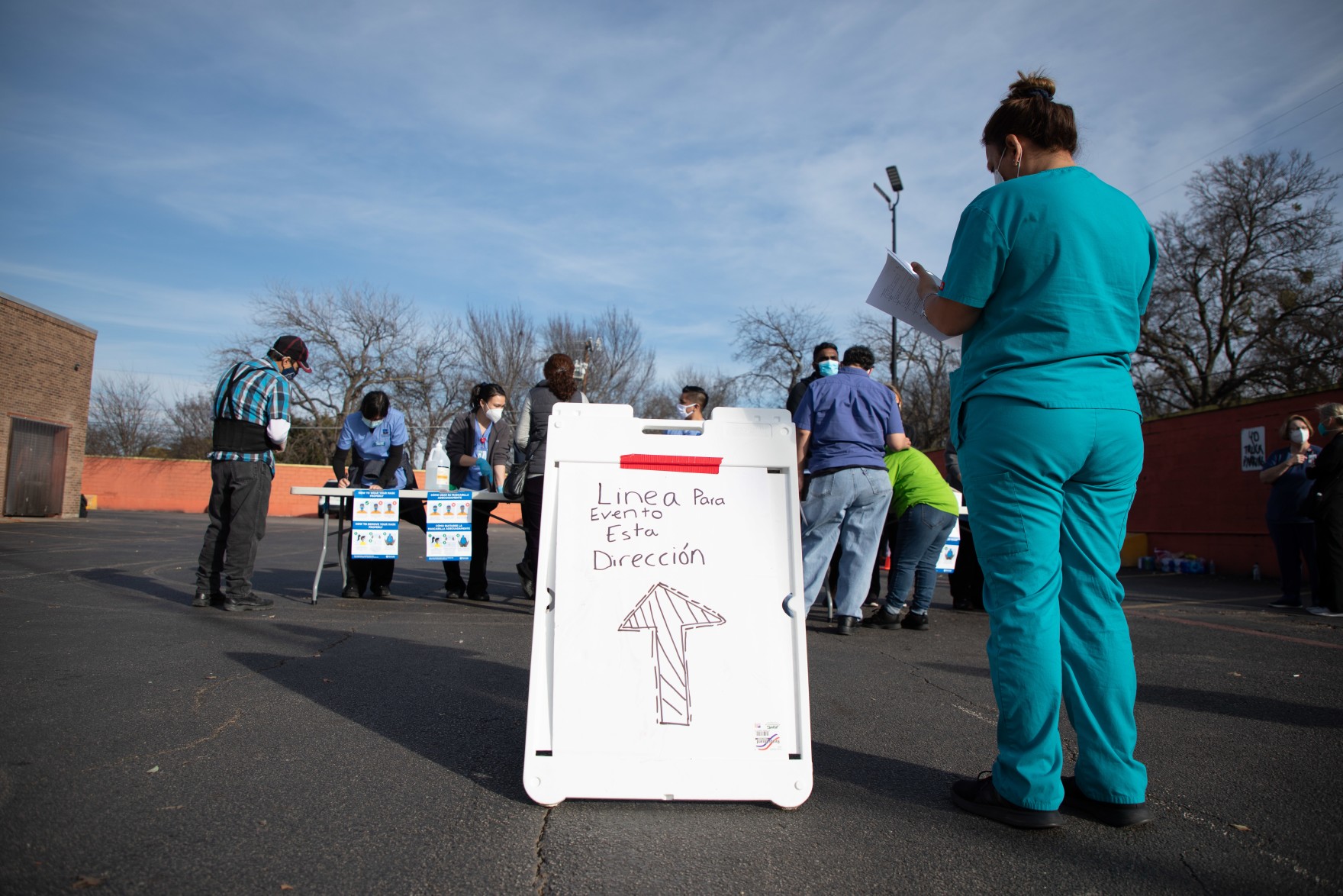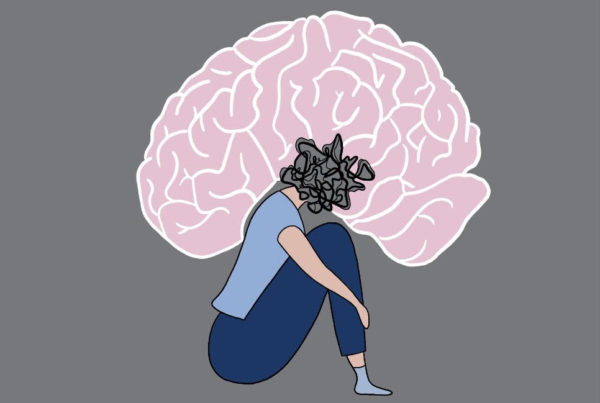As COVID-19 vaccines become accessible to more people, one doctor warns about the consequences of when those vaccines aren’t distributed equitably.
Dr. Jewel Mullen is associate dean for health equity at the University of Texas at Austin’s Dell Medical School. She told Texas Standard that so far, a report from the Centers for Disease Control and Prevention shows vaccines aren’t being distributed as widely in more “vulnerable” communities – in other words, those with higher rates of poverty, lower rates of education, less access to transportation and other resources. That often means communities of color are more affected. But the full scope of the problem is unclear because the vaccination data doesn’t include race.
Without that data, Mullen says it will be difficult to help those most in need.
“When we don’t have the data that makes many of us, including me, worry that [the reality] might even be worse,” she said.
And not distributing the vaccine equitably isn’t just a problem for people of color. Mullen says inequity affects all vulnerable groups. In rural places, for example, she says poor white people might be left out of the vaccine push, too.
Highlights from this interview:
– More data is needed to better understand who is and who isn’t getting access to COVID-19 vaccines.
– Vaccine inequities can be signs of other, preexisting health care inequities in some communities.
– Reaching vaccine equity requires a commitment to racial equity, in general, Mullen says. It also requires looking at all of the conditions that make some communities more vulnerable to disease.
– Improving the vaccine registration process and adding more vaccination sites are concrete things public officials can do to help improve vaccine equity.
Listen to an extended interview with Dr. Mullen in the audio player above.














